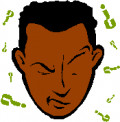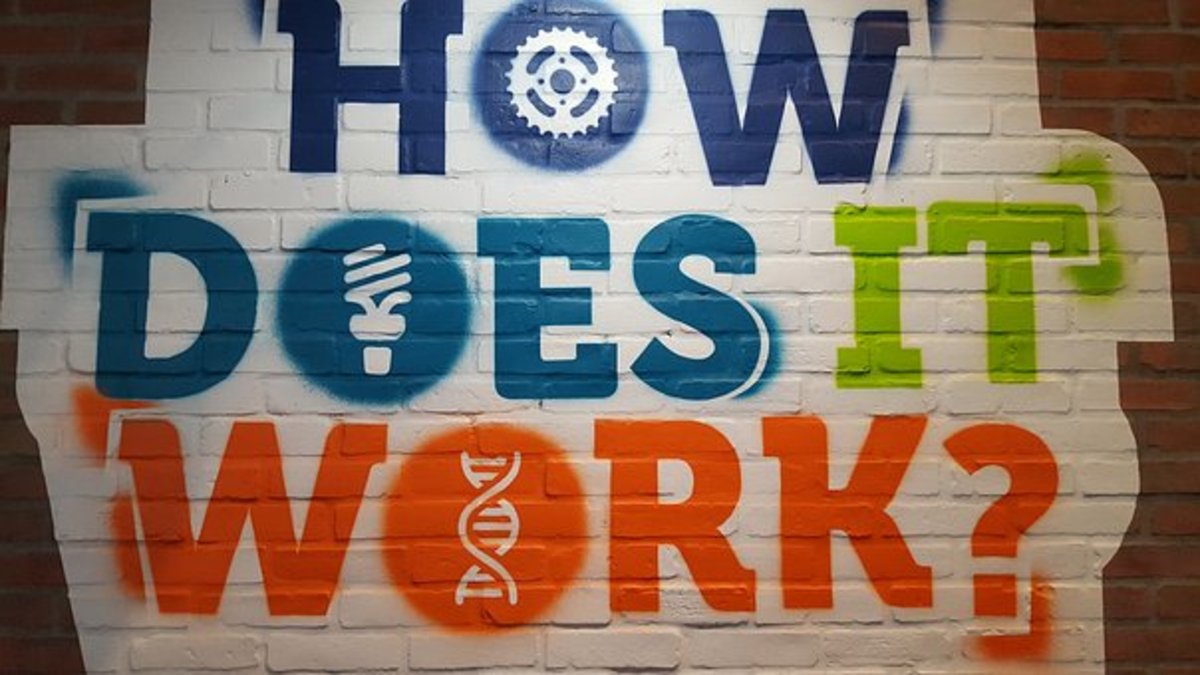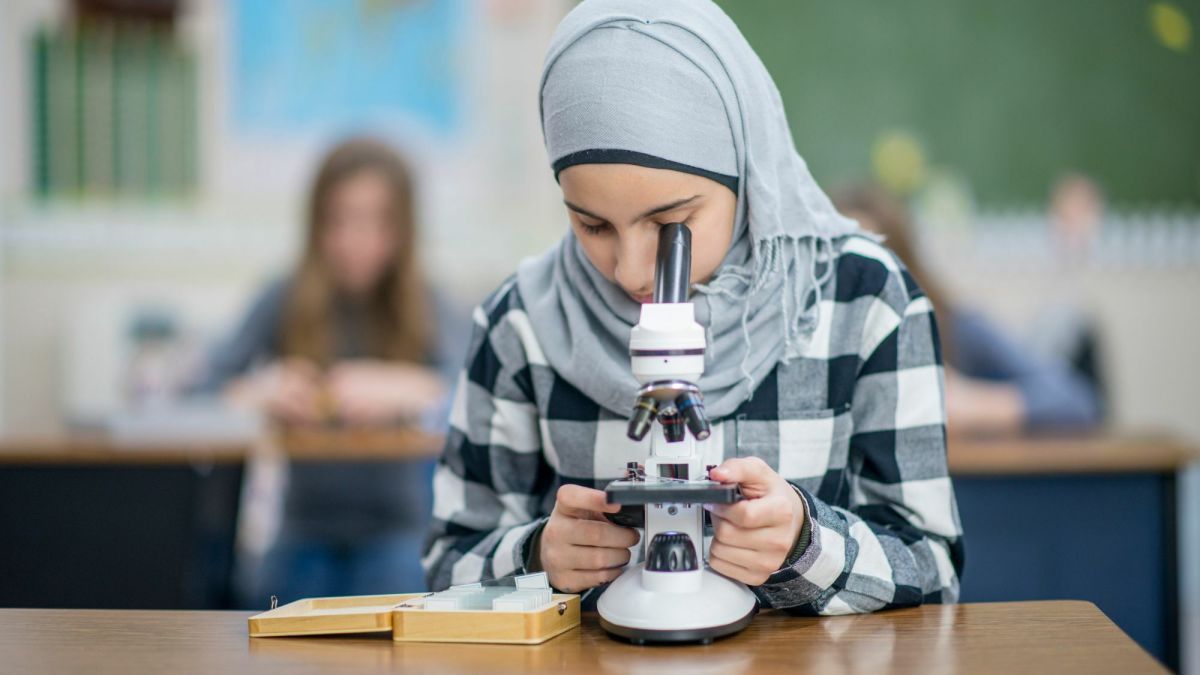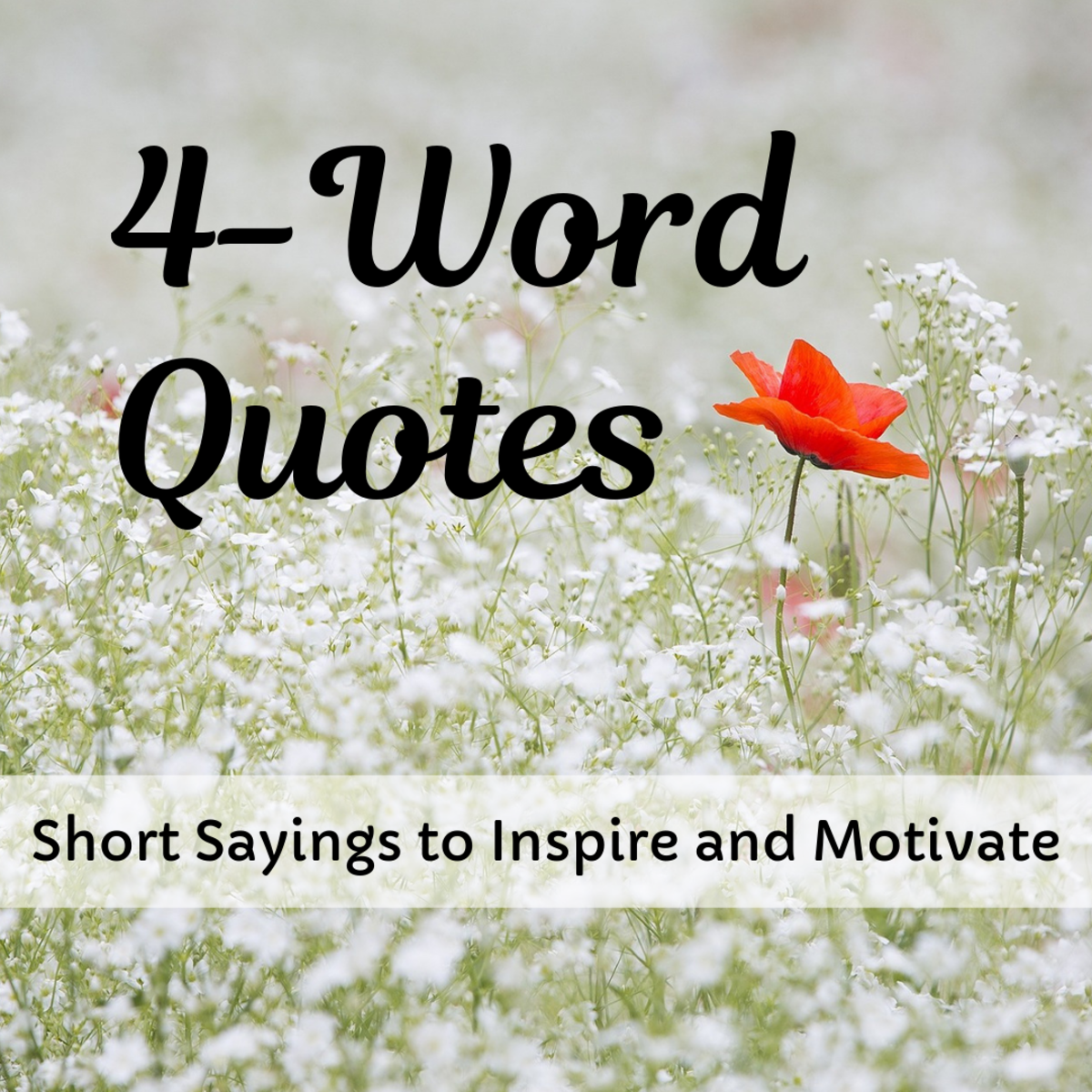Critical Thinking
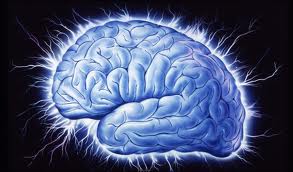
Are You a Critical Thinker?
Thinking is a very important part of everyone’s lives. Before people act they think. It depends on how they think and the process they use to determine the outcomes of their actions. Critical thinking is when a person looks at all the different views and facts, and decides without prejudice. Critical thinking is important in a society and business world where change is inevitable. Using the same theories that worked in the past are not acceptable or successful as they in the past. Critical thinking is an important part of my job in making the right decisions for different situations. Thinking critically adds benefits to the decision making process. Everyone can think but successful people use critical thinking in their everyday routines.
Critical Thinking
Encyclopedia Britannica states that critical thinkers have at least these two characteristics in common; “they are able to reason well and they are disposed or inclined to be guided by reasons so evaluated” (1). The first part means they can make decision based on information and evaluations whether the outcome is for or against their beliefs. The second part means they believe and act in accordance to those evaluations. Critical thinkers are not blinded by their own beliefs and values. They can make decisions that are based on the facts even if outcomes are the opposite of their point of view. A person who does not have critical thinking skills and was raised with the firm belief that the woman’s place is at home, they will not be able reason and understand the benefits the family will receive from her going to work and adding a second income. They would not be able to properly evaluate the situation because of their beliefs. A critical thinker with the same background and beliefs would be able to evaluate the situation and make a decision based on what’s in the best interest for the family.
Barriers
Many different barriers exist that do not allow people to think critically. Some of them are enculturation, stress, emotions and ego-defenses (2). Enculturation is our deep seeded family beliefs and values. Religious and society influences are also a part of enculturation. These make it hard for a person to investigate a situation with an open mind. Stress causes people to lose focus and concentration keeping them from thinking clearly and making decisions. Emotions can inspire thought but they also can distract people from making clear decisions. People that are angry need to relax and get away from the problem to allow their minds to settle down and start thinking rational again.
Ego-defenses are our body’s natural physiological defenses that protect us from anxiety, guilt and other bad feelings (2). Denial is a way for our brains to block out painful memories or problems we have not allowing the person to think critical about that subject. Denial is associated with alcoholics and it is a way they can continue drinking and deny they have a problem. These are just some of the barriers that people must be aware of that could cloud their judgment and affect their critical thinking skills.
Conclusion
Critical thinkers can evaluate and judge situations for what they really are and make decisions based on their evaluations. They do not allow their beliefs, values, or points-of-view distract them from the reality and facts in making decisions. Personal barriers such as enculturation, emotions, stress, and ego-defenses can cloud a person’s judgment and they need to be aware of these distractions. People think every day of their lives and act certain ways during different situations. Critical thinking is very important for the decision making process and the people that have the skills to think critically will be able to make the right decisions.
Sources:
(1)Education, philosophy of. (2008). In Encyclopedia Britannica.
(2) Kirby, G.R. & Goodpaster, J.R. (2007). In Personal barriers. Thinking (4th ed).Person Prentice Hall, Inc.


